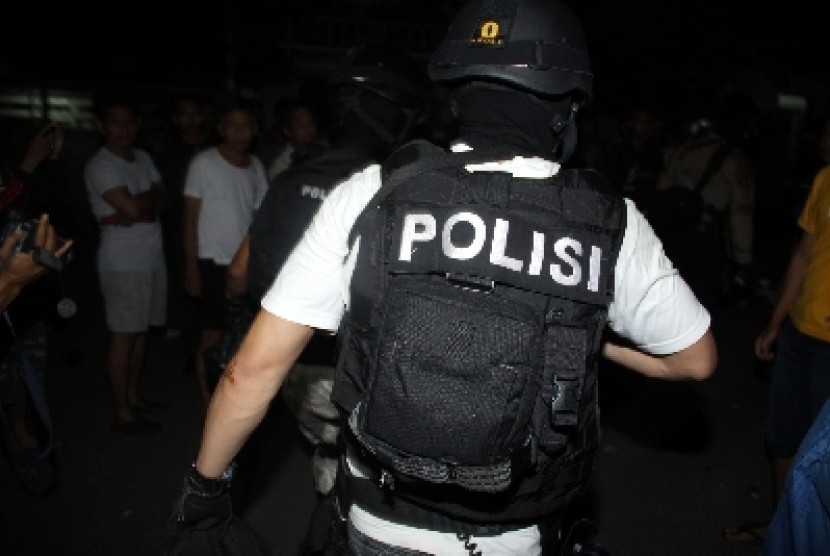REPUBLIKA.CO.ID, JAKARTA -- The police's target of completely eradicating the influence of the radical group Islamic State of Iraq and Syria (ISIS) in Indonesia by 2019 is unrealistic, according to an observer of radicalism.
"I think the statement made by a high-ranking police officer on the elimination of radicalism (by 2019) is unrealistic, especially if he meant the total eradication of radicalism," Hasibullah Satrawi, who is the director of the Peace Indonesia Alliance (AIDA), said here on Friday.
However, he believes that the statement deserves appreciation if it was made as part of efforts to awaken the spirit to fight against radicalism.
The Indonesian National Police (Polri) has the target of freeing Indonesia from the ISIS ideology by 2019.
This statement was made by Commissioner General Djoko Mukti Haryono, the head of the Intelligence and Security Affairs of the Polri, in a discussion on the effectiveness of the blocking of radical websites in fighting terrorism in the campus of Bhayangkara Jaya Raya University.
The AIDA director further noted that if they construe eradication of radicalism from the security perspective alone, then the government and security setups misunderstand the situation.
"Radicalism and terrorism are multidimensional matters and have multiple aspects. If they are viewed from the security aspect only, they can be eradicated by shooting them (the perpetrators) one by one. Yet, adopting a security approach alone is ineffective," he remarked.
The war against radical groups who fought against the Unitary State of Indonesia (NKRI) has been waged since the republic was established, Satrawi pointed out, adding that in reality, radicalism and terrorist groups continue to emerge even now.
"We should understand what terrorism and radicalism are so that we can take balanced approaches. When we decide on the security approach, we must be clear about whom to attack and in what conditions," he explained.
He added that that if law enforcers stressed on security, it will adversely nurture the fighting spirit of radical groups, as reflected in the slogan, "the death of one will lead to the rebirth of a thousand."
"This is what is happening now. Each time a member of radical group is killed or arrested by security officers, his friends in radical groups hold grudges and retaliate," he observed.
Therefore, the handling of radicalism and terrorism must be done by all parties, including families, neighborhood chiefs, and heads of governments and states, globally.
"The role of worldwide heads of states is very important because there are several international conflicts, such as the Palestine issue, the ISIS terror, and the aggression in Yemen, which contribute to the emergence of radical groups that fight (what they believe are) global injustices," Satrawi remarked.


